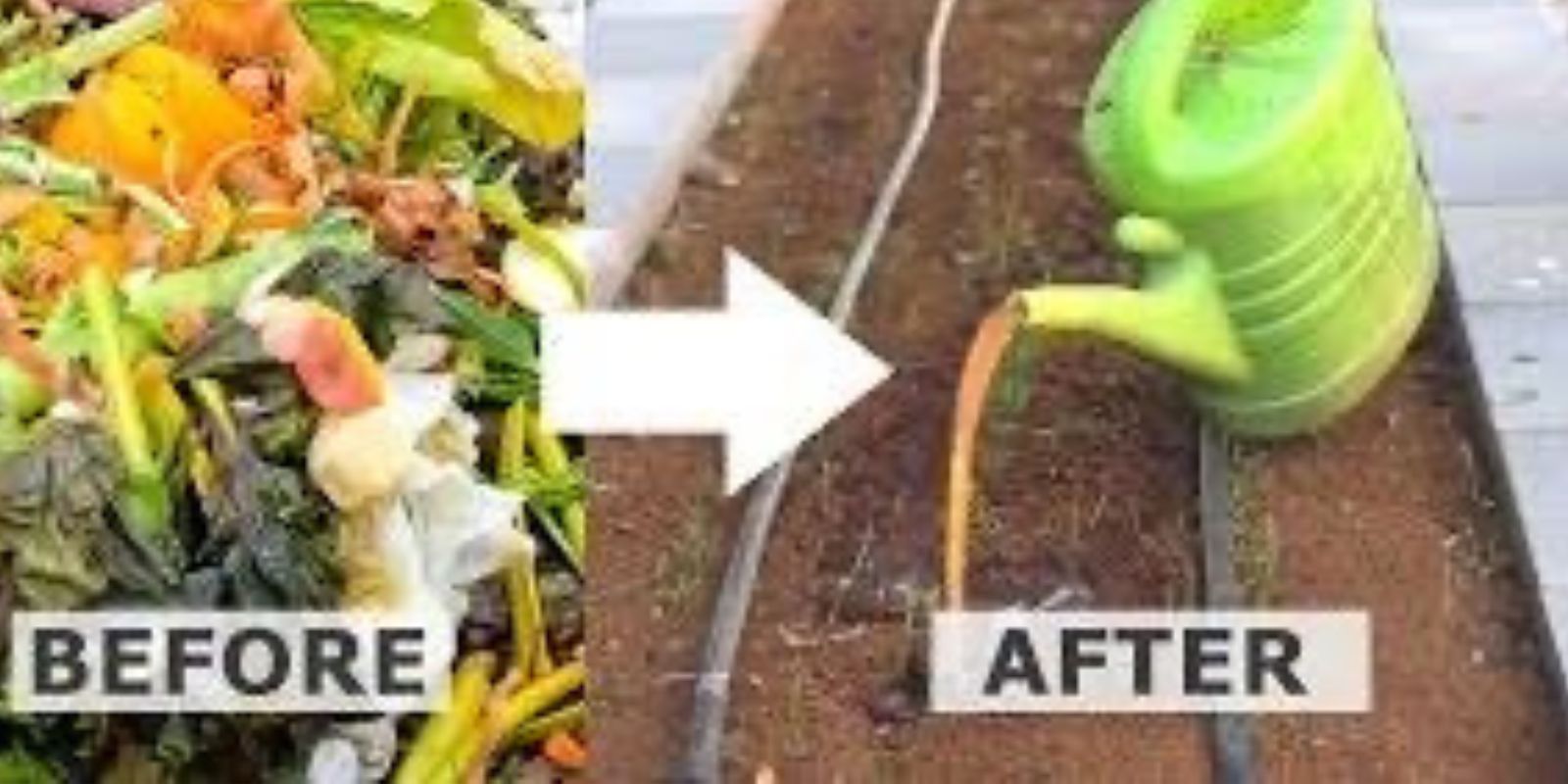Every day, countless kitchen scraps get tossed into the trash without a second thought. But did you know that these scraps are packed with nutrients that can give your houseplants and garden a massive boost? By repurposing items like coffee grounds, banana peels, eggshells, and vegetable scraps, you can create natural fertilizers and soil enhancers that are not only eco-friendly but also cost-effective. In this article, we’ll explore how to turn waste into treasure and make your plants thrive like never before.
The Benefits of Using Kitchen Scraps for Plants
Reusing kitchen waste as plant food has numerous advantages:
- Cost Savings: No need to buy expensive fertilizers; your kitchen provides them for free.
- Eco-Friendly: Reduces landfill waste and promotes sustainable gardening.
- Nutrient-Rich: Provides essential nutrients like nitrogen, potassium, calcium, and phosphorous for healthy plant growth.
- Improves Soil Health: Organic matter enhances soil structure and moisture retention.
Kitchen Scraps You Should Stop Throwing Away
1. Coffee Grounds
Used coffee grounds are rich in nitrogen, a key nutrient for lush, green growth. They also improve soil texture and attract beneficial earthworms.
- How to Use:
- Sprinkle them around acid-loving plants like roses, azaleas, and blueberries.
- Mix them into compost to balance green and brown materials.
2. Banana Peels
Banana peels decompose quickly and release potassium, phosphorous, and calcium into the soil, which are essential for flowering and fruiting plants.
- How to Use:
- Chop them into small pieces and bury them around plant roots.
- Blend peels with water to make a liquid fertilizer.
3. Eggshells
Eggshells are an excellent source of calcium, which strengthens plant cell walls and prevents issues like blossom-end rot in tomatoes and peppers.
- How to Use:
- Crush shells into small pieces and scatter them around plants.
- Dry and grind them into powder for quicker absorption by the soil.
4. Vegetable Scraps
Carrot tops, onion skins, and lettuce leaves are nutrient-rich and can be composted to improve soil fertility.
- How to Use:
- Add scraps to a compost bin or pile.
- Bury them directly in garden beds to decompose over time.
5. Tea Bags and Loose Tea Leaves
Tea is full of nitrogen and organic matter, making it an excellent addition to your garden.
- How to Use:
- Place used tea bags in compost or bury them near plant roots.
- Sprinkle loose tea leaves directly onto the soil.
How to Create Natural Fertilizers from Kitchen Waste
Step 1: Collect Scraps
Set aside a container in your kitchen to collect scraps like banana peels, eggshells, coffee grounds, and vegetable leftovers.
Step 2: Choose a Method
- Composting: Combine green (nitrogen-rich) and brown (carbon-rich) materials in a compost bin or pile. Turn it regularly to promote decomposition.
- Direct Use: Add small amounts of scraps directly to the soil around your plants.
Step 3: Apply Regularly
Use these natural fertilizers every few weeks to keep your plants nourished.
Common Mistakes to Avoid
- Overusing Scraps: Too much organic matter can overwhelm plants or attract pests. Use in moderation.
- Using Harmful Scraps: Avoid meat, dairy, and oily foods as they attract rodents and create unpleasant odors.
- Not Preparing Scraps: Chop or grind larger scraps to speed up decomposition.
Best Practices for Indoor Plants and Gardens
For Indoor Plants:
- Use liquid fertilizers made from scraps (e.g., banana peel water) to avoid mess.
- Apply sparingly to prevent over-fertilizing small pots.
For Outdoor Gardens:
- Incorporate scraps into compost for a balanced, nutrient-rich soil amendment.
- Rotate where you bury scraps to ensure even nutrient distribution.
Additional Tips for Success
- Mulching: Add a layer of mulch over buried scraps to deter pests and retain moisture.
- DIY Fertilizer Spray: Blend scraps like banana peels and eggshells with water, strain, and use as a foliar spray.
- Pest Control: Some scraps, like onion skins and coffee grounds, can repel pests.
A Step Toward Sustainability
By repurposing kitchen waste, you’re not just enriching your plants—you’re taking a step toward a more sustainable lifestyle. Every peel, shell, and ground you save reduces waste and contributes to a greener planet.
Join the Conversation!
Have you tried using kitchen scraps in your garden? Share your experiences, tips, or favorite scrap-based fertilizers in the comments below. Let’s grow a greener world together! 🌱

